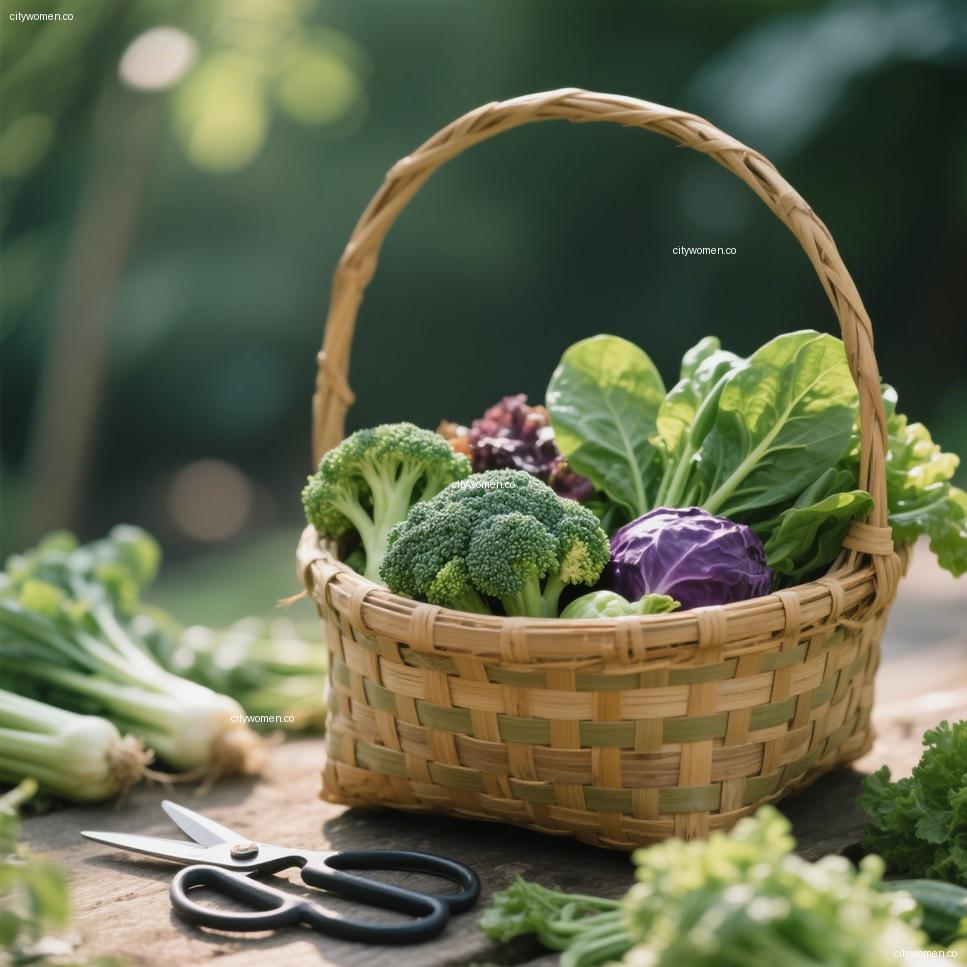
For a decade, my plate was a vibrant canvas of plant-based foods 🥦🍎🌽. I was a dedicated vegetarian, relishing the variety of fruits, vegetables, grains, and legumes that made up my diet. I was proud of my choice, both for its health benefits and the positive impact on the environment 🌍. However, after ten years, I found myself reintroducing meat 🍗 into my diet. Here’s my journey.
My vegetarian journey began in my late teens, driven by a combination of health consciousness, environmental concerns, and empathy for animals 🐮🐷🐔. I embraced the lifestyle wholeheartedly, experimenting with different cuisines and discovering a whole new world of flavors. I felt healthier, more energetic, and at peace with my food choices.
However, as the years passed, I started noticing changes. Despite maintaining a balanced diet and taking necessary supplements 💊, I began to feel lethargic. I was constantly tired, my concentration waned, and my immune system seemed weaker. Multiple doctor visits, blood tests, and diet adjustments later, it was clear that my body was struggling to get the nutrients it needed from a vegetarian diet.
After much contemplation and research 📚, I decided to reintroduce meat into my diet. It was a difficult decision, fraught with guilt and uncertainty. I started slowly, with lean white meats like chicken and turkey. The first few meals were emotionally challenging, but my body responded positively. My energy levels improved, my concentration sharpened, and I felt physically stronger 💪.
I want to clarify that this is not an argument against vegetarianism. Many people thrive on a plant-based diet, and it has undeniable environmental benefits. This is simply my personal experience, a testament to the fact that dietary needs can be highly individual. What works for one person may not work for another.
ADVERTISEMENT
ADVERTISEMENTKate Spade Autumn/Winter Sale |
Today, I consider myself a flexitarian. I still love and consume plant-based meals the majority of the time 🥗. However, I also listen to my body and provide it with meat when it needs it. I source my meat from local, ethical sources, ensuring the animals were raised and slaughtered humanely.
This journey has taught me the importance of flexibility and listening to my body. It’s reminded me that it’s okay to change a path if it’s not serving you, even if you’ve been on it for a long time. I’ve learned that my health is an ongoing journey, one that requires constant tuning and adjustment 🔄.
In conclusion, whether you’re a meat-eater, vegetarian, vegan, or somewhere in between, the most important thing is to make conscious, intentional choices that support your health and align with your values. After all, the best diet is the one that makes you feel your best, physically, mentally, and ethically 💖.
ADVERTISEMENT
ADVERTISEMENTUp to 30% off Gift Sets |




